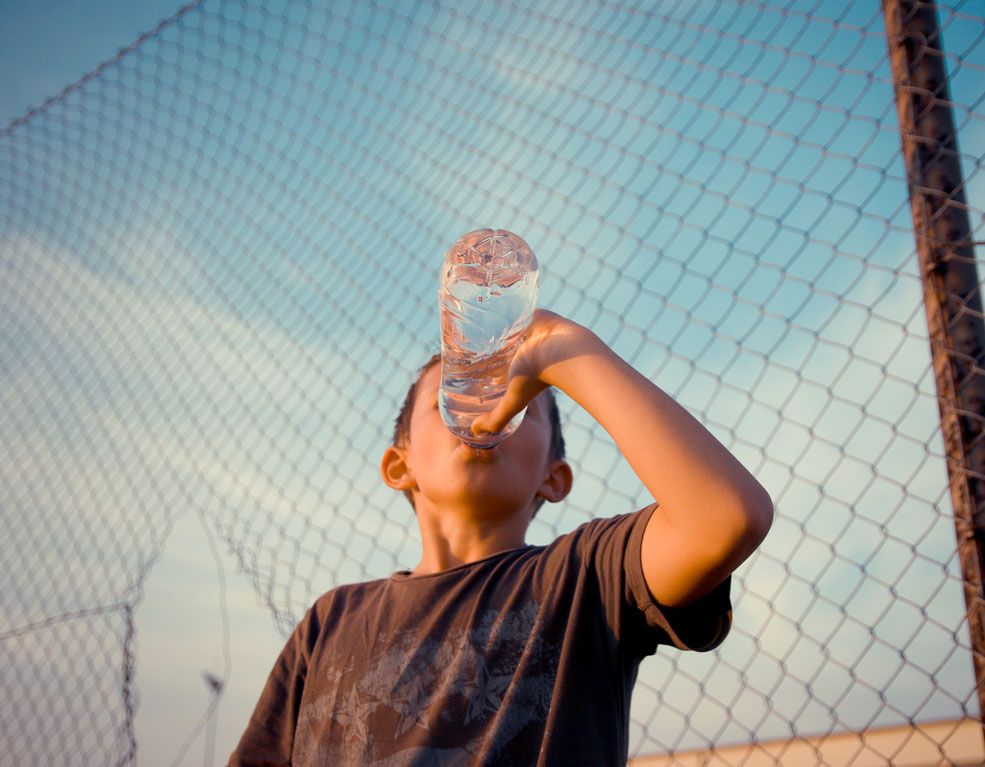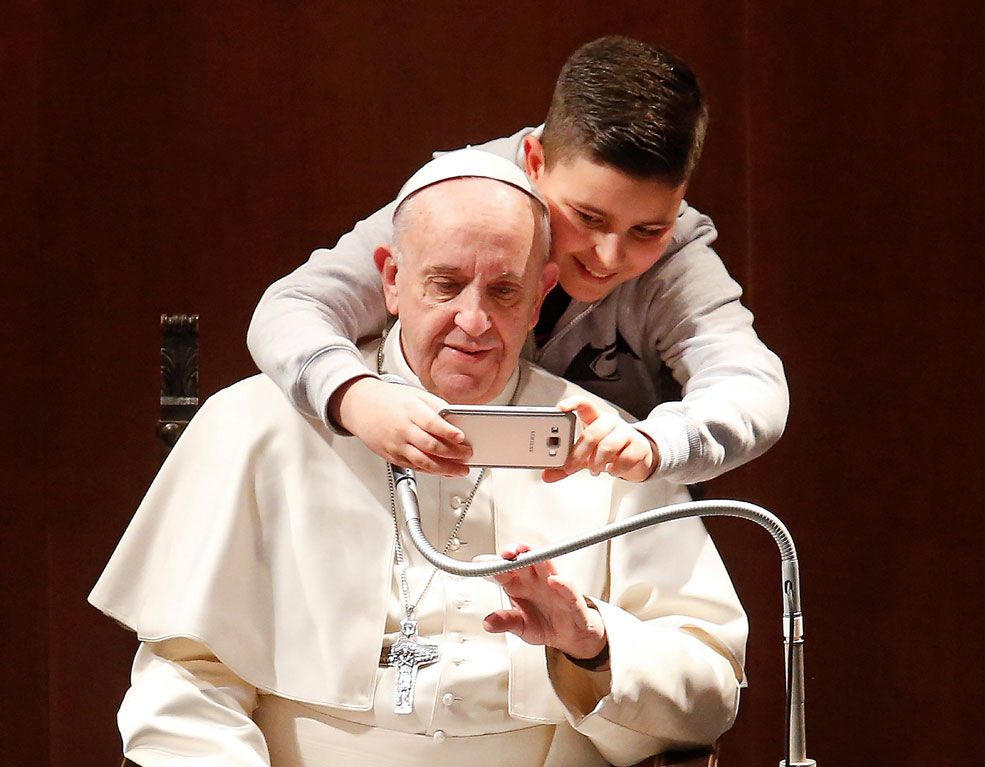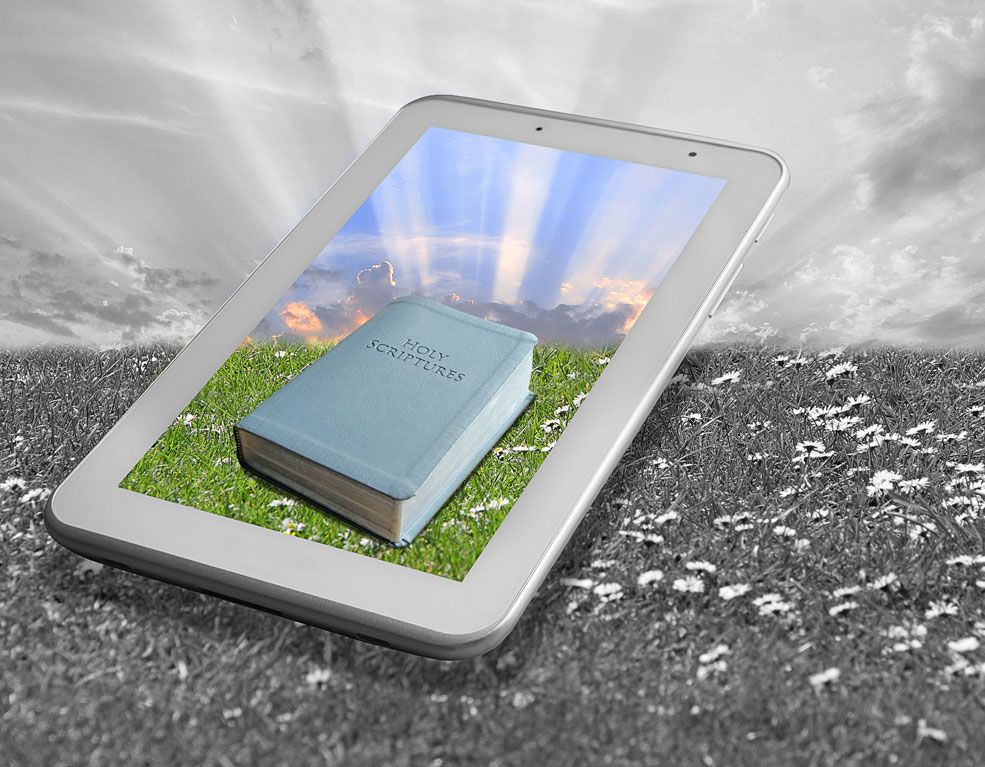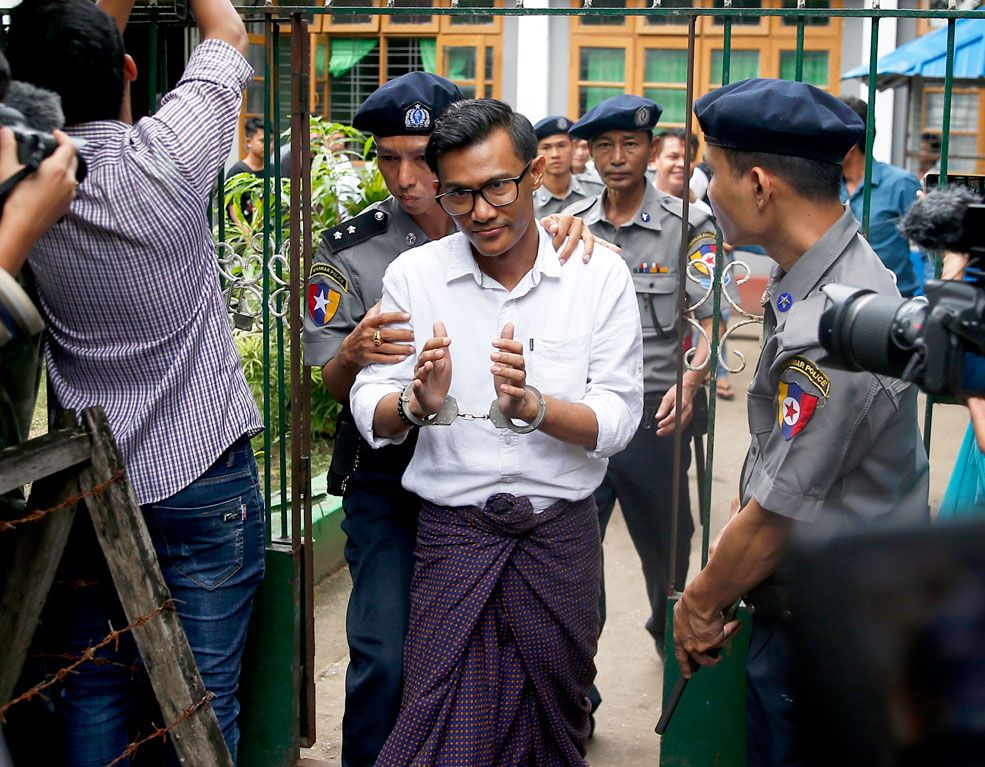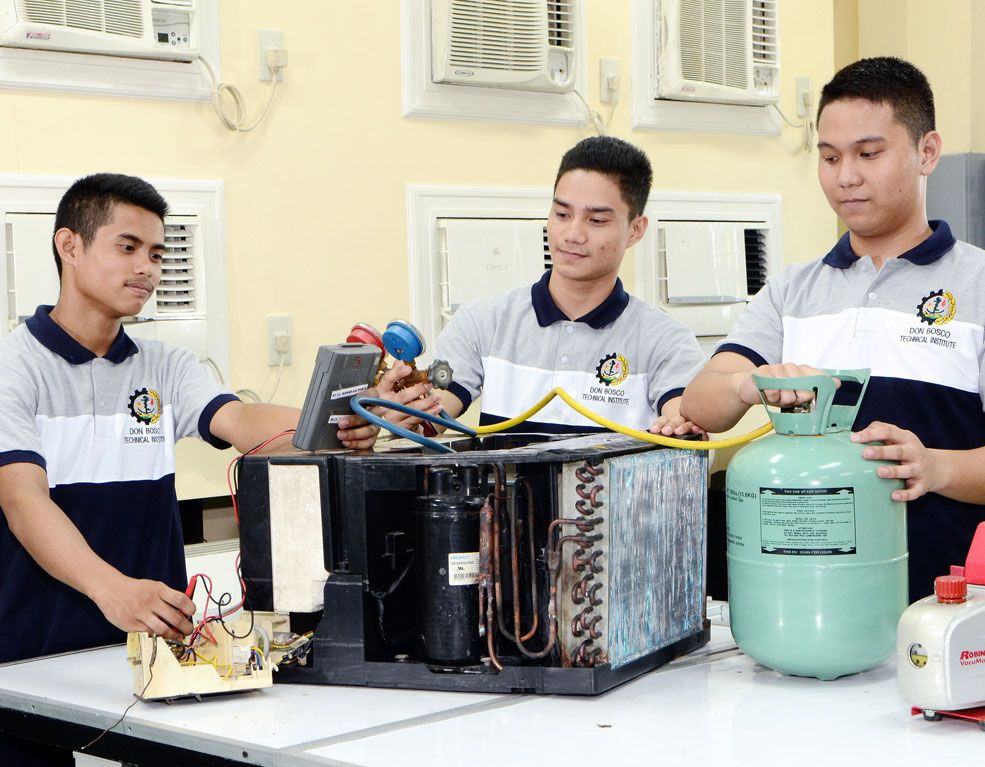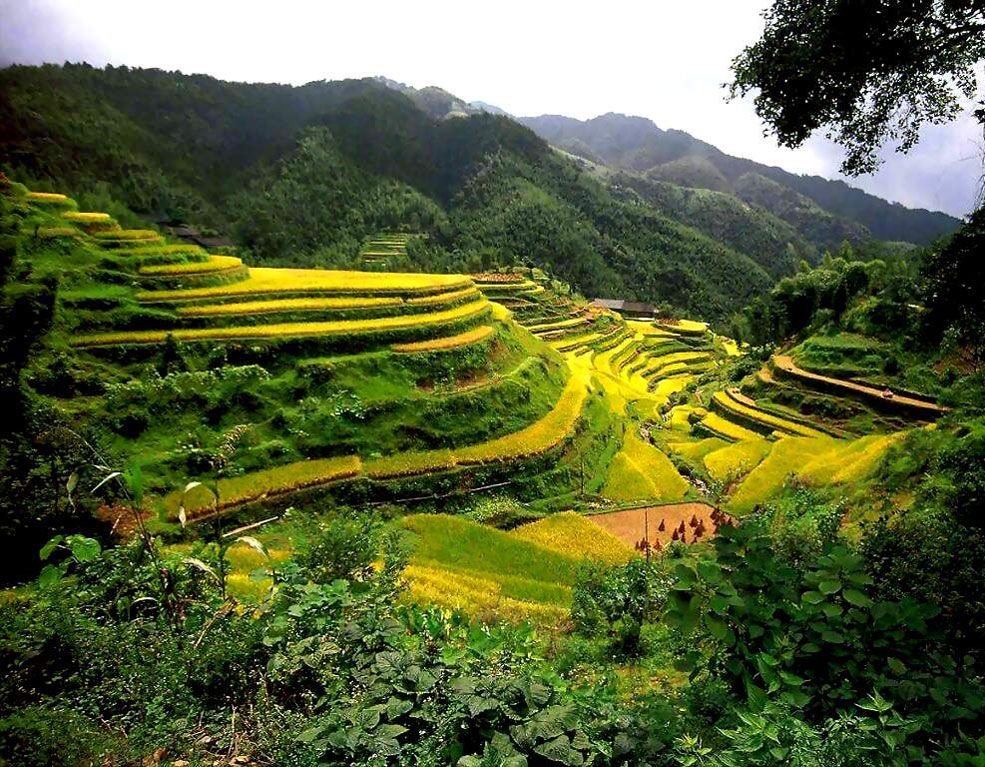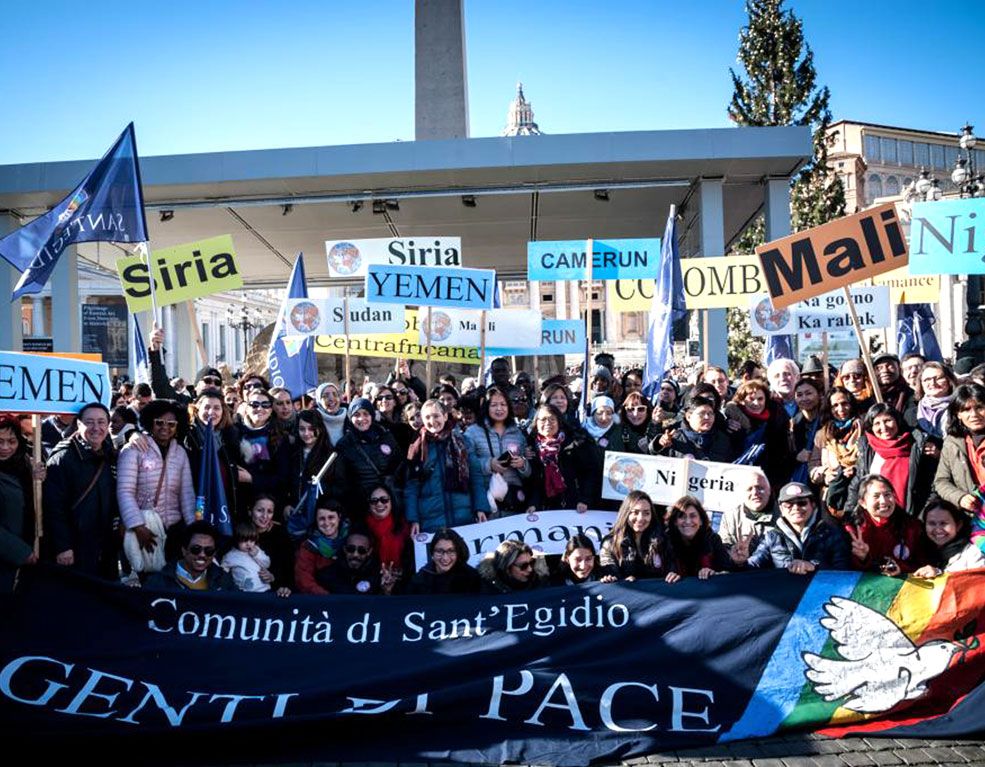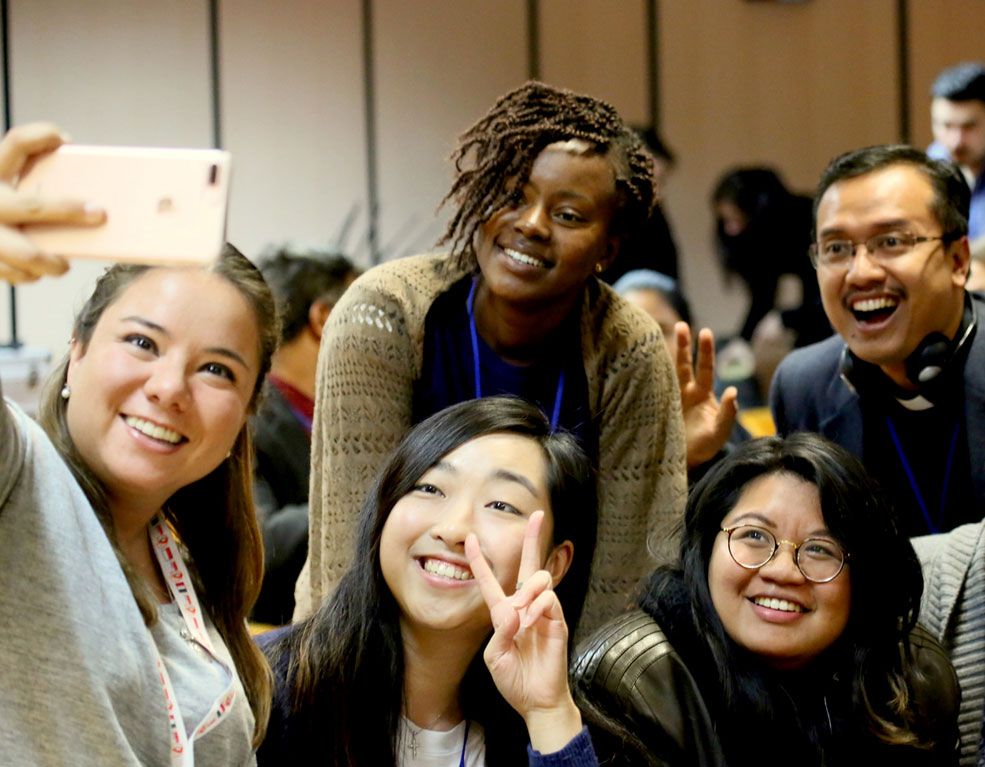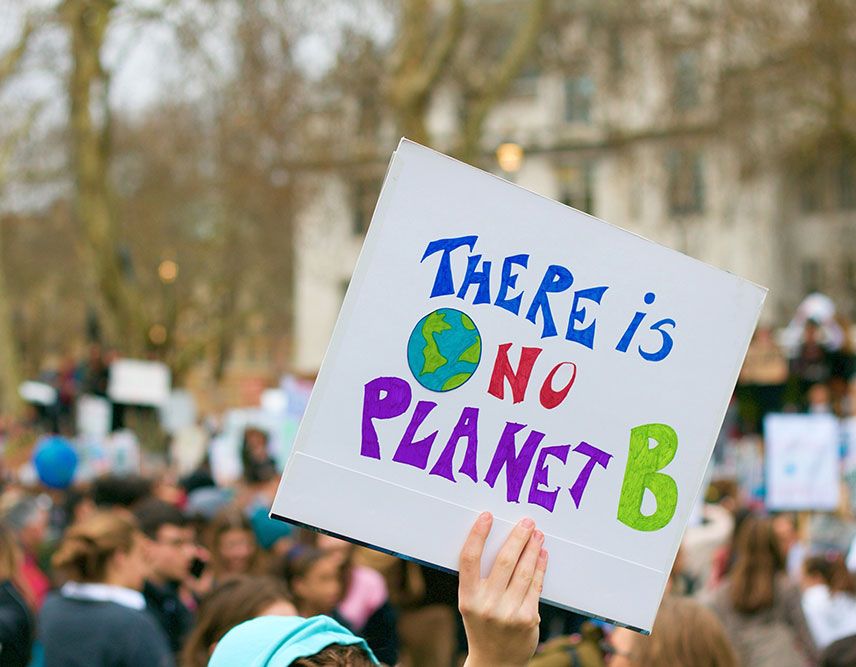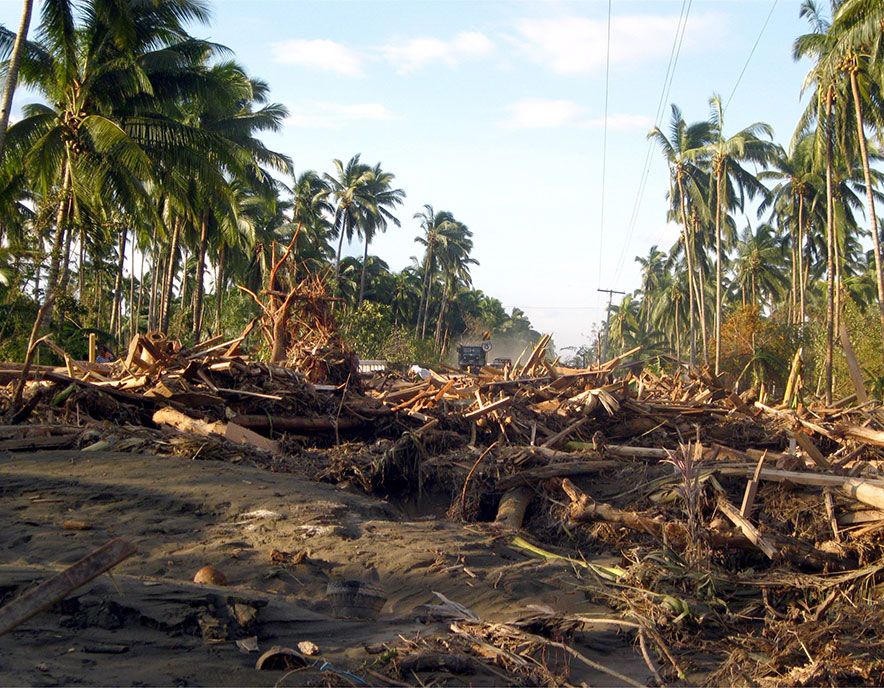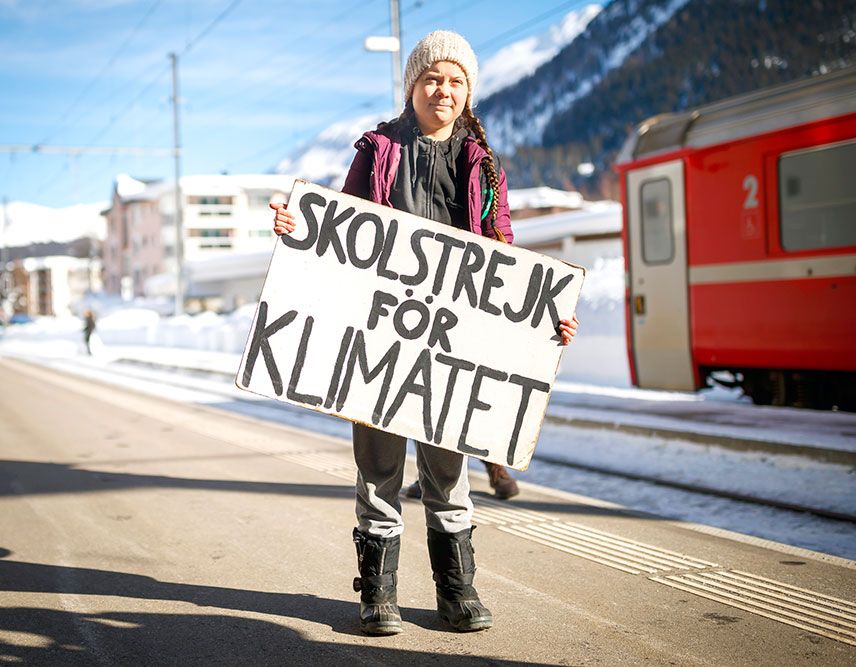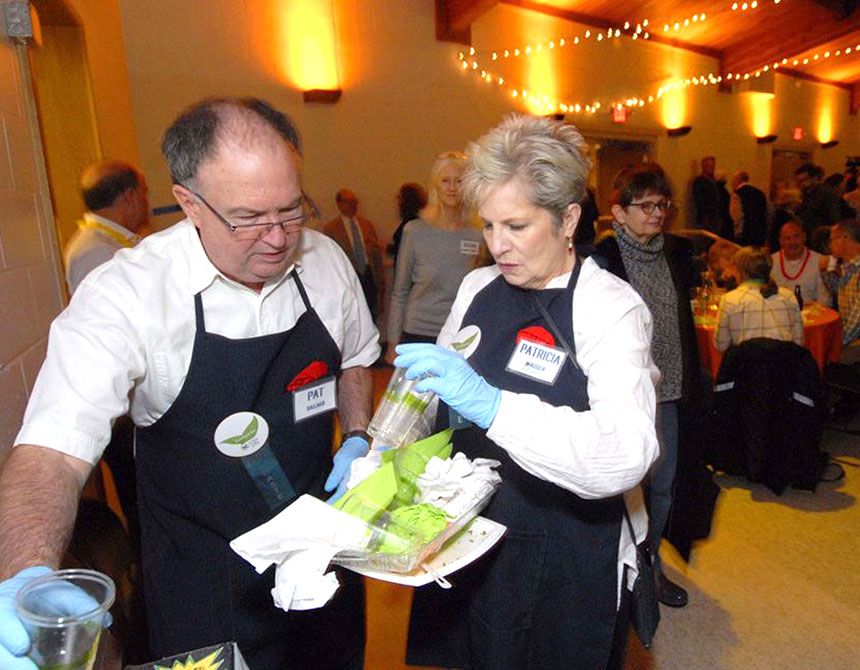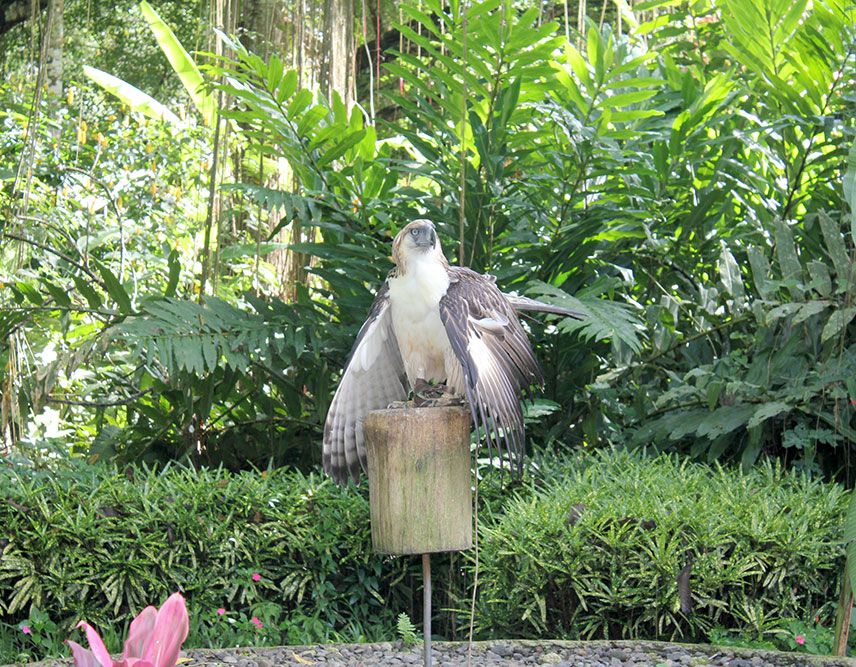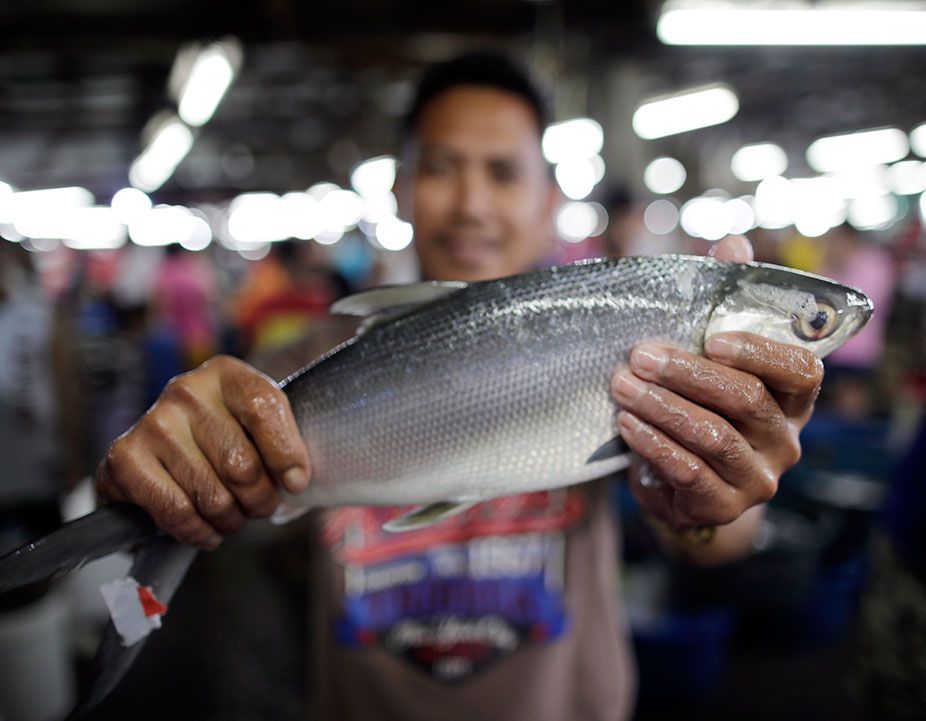In the past, you could drink tap water directly from your faucet. Such is not the case anymore. More and more people are buying mineral water just to quench their thirst. Plastic bottles of water are being sold in bus terminals and even in sidewalks.
“Water isn’t just a commodity. It is a source of life,” said Sandra Postel, director of the Massachusetts-based Global Water Policy Project. Ideally, a person should have at least 50 liters of water each day to meet his basic needs – for drinking, food preparation, cooking, personal hygiene, laundry, and house cleaning.
Among Filipinos, about 310 to 507 million cubic meters of water are being consumed each day. “A household of five needs at least 120 liters per day,” wrote David Satterthwaite and Gordon McGranahan in their collaborative report.
Water Is Essential
Science has shown that life as we know it cannot exist without water. As Albert Szent-Gyorgyi, a Hungarian national and Nobel Prize winner for medicine, puts it: “Water is life’s matter and matrix, mother and medium. There is no life without water.”
Senator Loren Legarda, in a recent privilege speech, considered water as “one of the most basic needs of our existence,” and yet Filipinos take it for granted. “Man can live for several weeks without food, but a few days without water would be detrimental to one’s health,” she pointed out. “Our body, after all, is made up of about 60-70% water.”
Water is life, indeed. “The human body is a water-based environment,” wrote Dr. Julian M. Whitaker, a book author and medical doctor with extensive experience in the fields of preventive medicine and natural healing. “Every single biological function depends upon the efficient flow of water. It is the universal solvent in which a variety of vital solutes are dissolved.”
Water, composed of two atoms of hydrogen and one atom of oxygen, is the aqueous portion of blood (called plasma) and the fluid both inside cells (intracellular fluid) and outside them (extracellular fluid), according to Dr. Whitaker. He also adds that water is necessary for the distribution of nutrients throughout the body and the removal of waste products from the cells.
“Water is intimately involved in your body’s acid-base balance, and it is the medium through which hormones and other chemical messengers travel,” Dr. Whitaker said. “Water is an important component of skin, cartilage, and other tissues, and it helps maintain body temperature.”
The exact amount of water contained within a person’s body depends on the balance between his fluid intake and excretion. People get their water from three sources: drinking (60%), food intake (30%) and cellular metabolism or oxidation (10%). On the other hand, a person loses water primarily through the lungs and skin (36%) but mostly it goes out as urine (60%).
Water Gives And Takes Away Life
“Given all the important roles water plays in your body, it is obvious that being adequately hydrated is essential for health,” Dr. Whitaker said. “The best way to remain hydrated is to drink lots of water. If you do not, you’re heading for trouble.”
Water may give life but it can also take life as it carries diseases and harbors some disease-causing bacteria. The notion that water can transmit disease first occurred to the olden Greeks. The physician Hippocrates, the ancient innovator of medical ethics, advised that polluted water be boiled or filtered before being consumed.
“An estimated 50% of typhoid cases in the Philippines are due to water pollution, sanitation conditions and hygiene practices,” a World Bank report claims. “Outbreaks are commonly associated with contaminated water supply systems.”
Typhoid or enteric fever is a life-threatening illness contracted by consuming food or water that had been contaminated with the bacterium Salmonella typhi, which only lives in humans.
Another World Bank report said that studies of groundwater quality in some parts of the country showed that 58% of the sampled groundwater tested positive for coliform bacteria. Surveys done by some local government units have indicated that one-half or more of their public water systems do not meet drinking water quality standards.
The United Nations Children’s Fund estimated some nine million people, mostly children, die annually from water-borne diseases. “The toll is equal to 75 large airline crashes daily,” a UN health official said.
“Today’s crisis in water and sanitation is – above all – a crisis of the poor,” said the United Nations Development Program study, “Beyond Scarcity: Power, Poverty and the Water Crisis.”
In industrialized countries like Sweden and Japan, water-borne diseases are a subject for history books. But in the Philippines and other developing countries, it involves hospital wards and morgues.
“All of these diseases are associated with our failure to provide clean water,” deplored Peter H. Gleick, director of the Pacific Institute for Studies in Development, Environment and Security. “I think it’s terribly bleak, especially because we know what needs to be done to prevent these deaths. We’re doing some of it, but the efforts that are being made are not aggressive enough.”
Water Is Limited
Water covers 75% of the Earth’s surface and the amount that exists is already fixed: approximately 1,400 million cubic kilometers. 97.4% is salt water; another 2% is locked away in ice caps and glaciers. This leaves only 0.6%, or 8.4 million cubic kilometers of fresh water, of which approximately eight million cubic kilometers are stored underground.
To put it another way, if all the Earth’s water were to fit in a gallon jug (4 liters), the available fresh water would be just over one tablespoon.
“Although water is a renewable resource, it is also a finite one,” writes Sandra Postel, author of “Last Oasis: Facing Water Scarcity.” “Nature makes only so much available in a given region each year – and supplies can drop considerably below average in times of drought.”
In the past, water was considered an infinite resource. This thinking was exemplified by Adam Smith who pointed out in his classic work – The Wealth of Nations – that the unlimited supply of fresh water explained why it costs nothing, even though it was vital to all life.
In the past, it was oil that brought some countries to war. Today, water will most likely be the cause. “Unlike the energy crisis, the water crisis is life threatening. The level of suffering and misery is almost beyond comprehension,” deplored Klaus Toefer, then Executive Director of the United Nations Environment Program.

